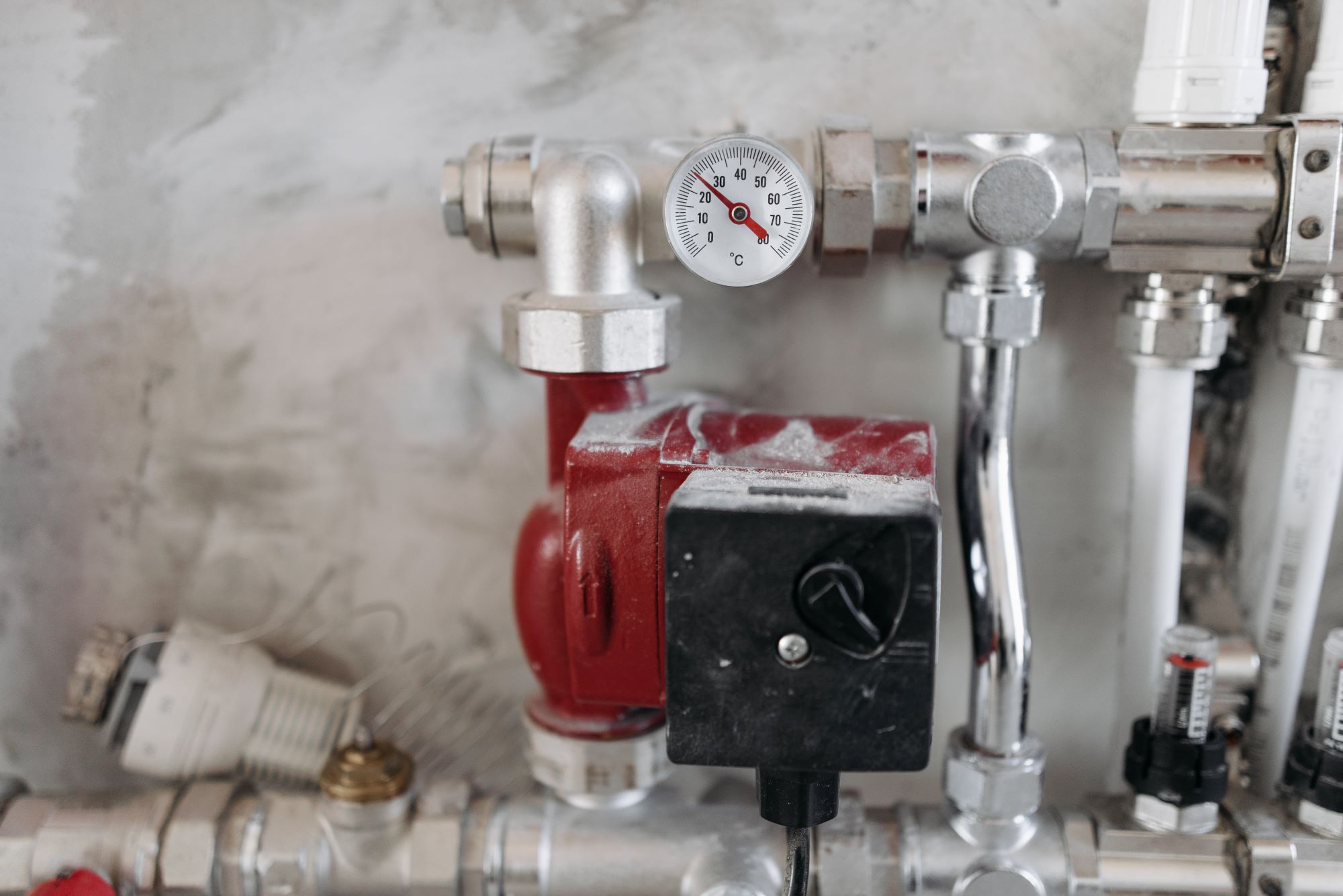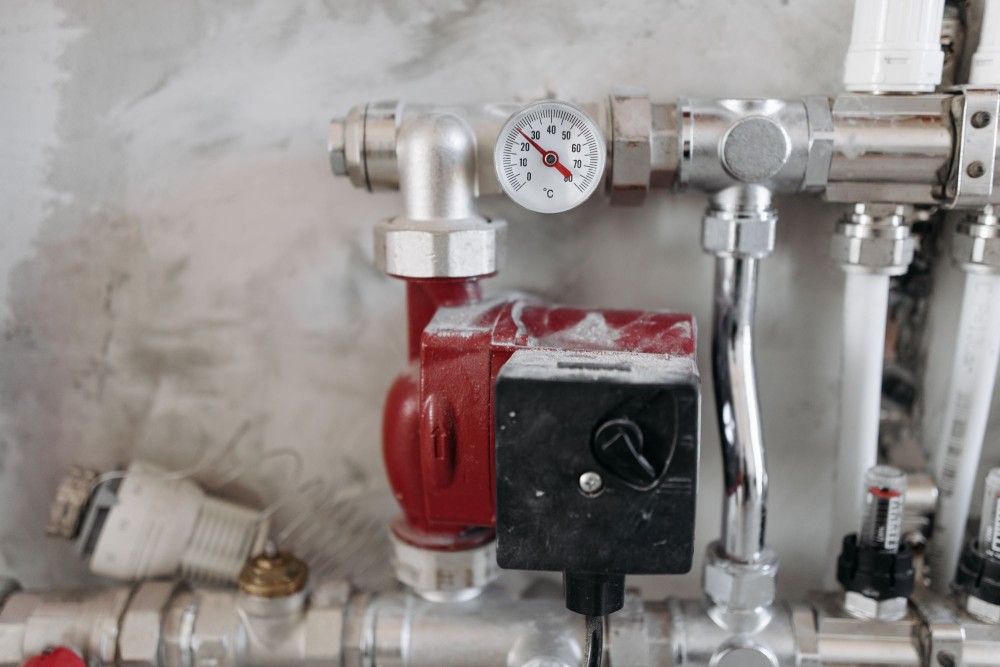When it comes to maintaining your home, plumbing often takes a backseat. After all, it’s hidden behind walls and under floors. But neglecting this vital system can lead to costly repairs and many inconveniences.
The Importance of Plumbing in a Home
Plumbing is essential for providing clean water, removing wastewater, and preventing flooding. A well-maintained plumbing system can help to ensure the safety, health, and comfort of your home’s occupants.
The Different Types of Plumbing Systems
There are two main types of plumbing systems: gravity-fed and pressure-assisted. Gravity-fed systems rely on the force of gravity to move water through the pipes, while pressure-assisted systems use a pump to increase the water pressure.
The Signs of a Plumbing Problem
Several signs can indicate a plumbing problem, such as:
- Leaks
- Low water pressure
- Clogged drains
- Strange noises coming from the pipes
- Water damage
Picture this: You’re considering the , and then it hits you — regular plumbing maintenance could save you from such expenses in the long run. This article unravels the mystery behind plumbing upkeep with handy dos and don’ts.
1. Understand Your Plumbing System
Do: take time to familiarize yourself with the plumbing layout of your home. Knowing the location of shut-off valves can be a lifesaver during emergencies.
Don’t: make the mistake of being clueless. Knowing your plumbing’s ins and outs could prevent a minor issue from becoming a major catastrophe when an unexpected leak occurs.
2. Tackle Drains and Blockages
Do: clean drains regularly using a mixture of vinegar and baking soda. This natural remedy can prevent without the harshness of chemical cleaners.
Don’t: pour grease or oils down the sink. Over time, they harden and create stubborn blockages.
3. Monitor Water Pressure
Do: keep an eye on your home’s water pressure. Too much pressure can damage pipes, while too little can indicate a potential leak.
Don’t: ignore fluctuations. A sudden change might be telling you something’s amiss in the system.
4. Stay Informed on Your Water Heater
Do: flush your water heater annually. Sediment buildup can reduce its efficiency and lifespan.
Don’t: set the temperature too high. A setting of 120°F is typically sufficient for most households and reduces the risk of scalding.
5. Be Mindful of What Goes Down
Do: educate your family about what can and cannot be flushed down the toilet. Items like wipes, even if labeled “flushable,” can lead to blockages.
Don’t: treat your garbage disposal like a trash can. Avoid tossing fibrous materials like celery or coffee grounds, as they can jam the system.

6. Know When to Call a Pro
Do: recognize when a problem is beyond your expertise. Sometimes, calling a professional plumber at the outset can save money in the long run.
Don’t: be too prideful to seek help. DIY fixes can sometimes worsen a problem if you’re unsure about the approach.
7. Seasonal Checks Are Essential
Do: remember to disconnect and drain outdoor hoses before winter. This prevents pipes from freezing and bursting.
Don’t: forget to inspect for leaks, especially after a season change. This proactive measure can nip potential issues in the bud.
8. Beware of Silent Leaks
Do: Invest in water leak detection devices. They can alert you to hidden leaks, potentially saving gallons of water and unexpected bill spikes.
Don’t assume that it’s not there if it’s not visible. Silent leaks, especially in toilets, can waste significant water over time.
9. Shield Pipes from the Cold
Do: insulate exposed pipes, especially in colder areas like basements or attics. This is an affordable way to prevent frozen pipes.
Don’t: neglect outdoor spigots. Cover them using foam insulators to fend off the winter chill.
10. Soft Water Isn’t Always the Best
Do: get your water tested. Hard water can lead to mineral buildup in pipes, while soft water might corrode them.
Don’t: blindly invest in water softeners. Ensure you need one and adjust settings according to water hardness.
11. Stay Educated on Septic Systems
Do: learn the basics if you have a septic system. Regular maintenance, like pumping, ensures its longevity.
Don’t: flush chemicals that can disrupt the bacterial balance. Things like bleach or drain cleaners can wreak havoc.
12. Mindful Landscaping
Do: plant trees and shrubs away from sewer lines. Roots can grow into pipes, causing breaks and blockages.
Don’t: ignore signs like wet spots in your yard. They might indicate a compromised sewer line.
13. Regular Maintenance is Key
Do: Establish a routine check-up with a trusted plumber. An annual inspection can spot issues you might miss.
Don’t: procrastinate on recommended repairs. Small issues can escalate, resulting in hefty bills down the line.
The Importance of Water Conservation
Plumbing systems use a lot of water, so it’s important to be mindful of your water usage. You can conserve water by fixing leaks, taking shorter showers, and using aerators on your faucets.
The Impact of Plumbing on the Environment
Plumbing systems can have a significant impact on the environment. For example, leaking pipes contaminate groundwater, and septic systems pollute waterways. You can help to protect the environment by maintaining your plumbing system properly and using water-efficient fixtures.
The Importance of Hiring a Qualified Plumber
Choosing a qualified professional is important if you need to hire a plumber. A qualified will have the skills and experience to diagnose and repair your plumbing problems quickly and safely.
Here are some additional tips:
- Keep your receipts: If you have to hire a plumber, keep your receipts for tax purposes. You may be able to deduct the cost of repairs as a home improvement expense.
- Get multiple estimates: Before you hire a plumber, get multiple estimates. This will help ensure you get a fair price for the work.
- Ask about warranties: Some plumbers offer warranties on their work. Knowing you’re covered if something goes wrong can give you peace of mind.
In Conclusion
Armed with this comprehensive guide, you’re well-equipped to give your plumbing system the attention it deserves. A little vigilance and regular checks can ensure a smooth-running system. Keep your plumbing healthy, and it’ll surely serve you well!
